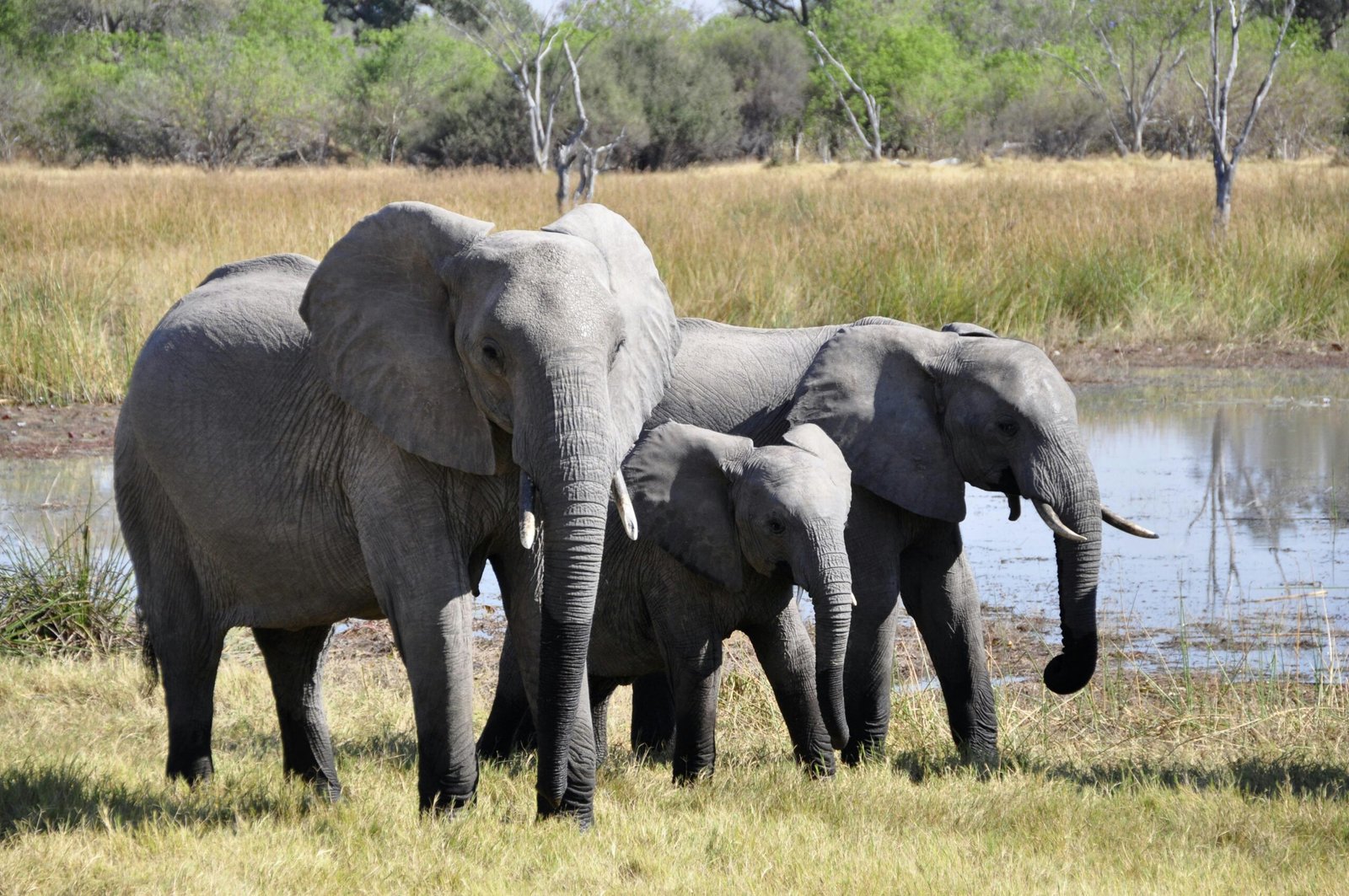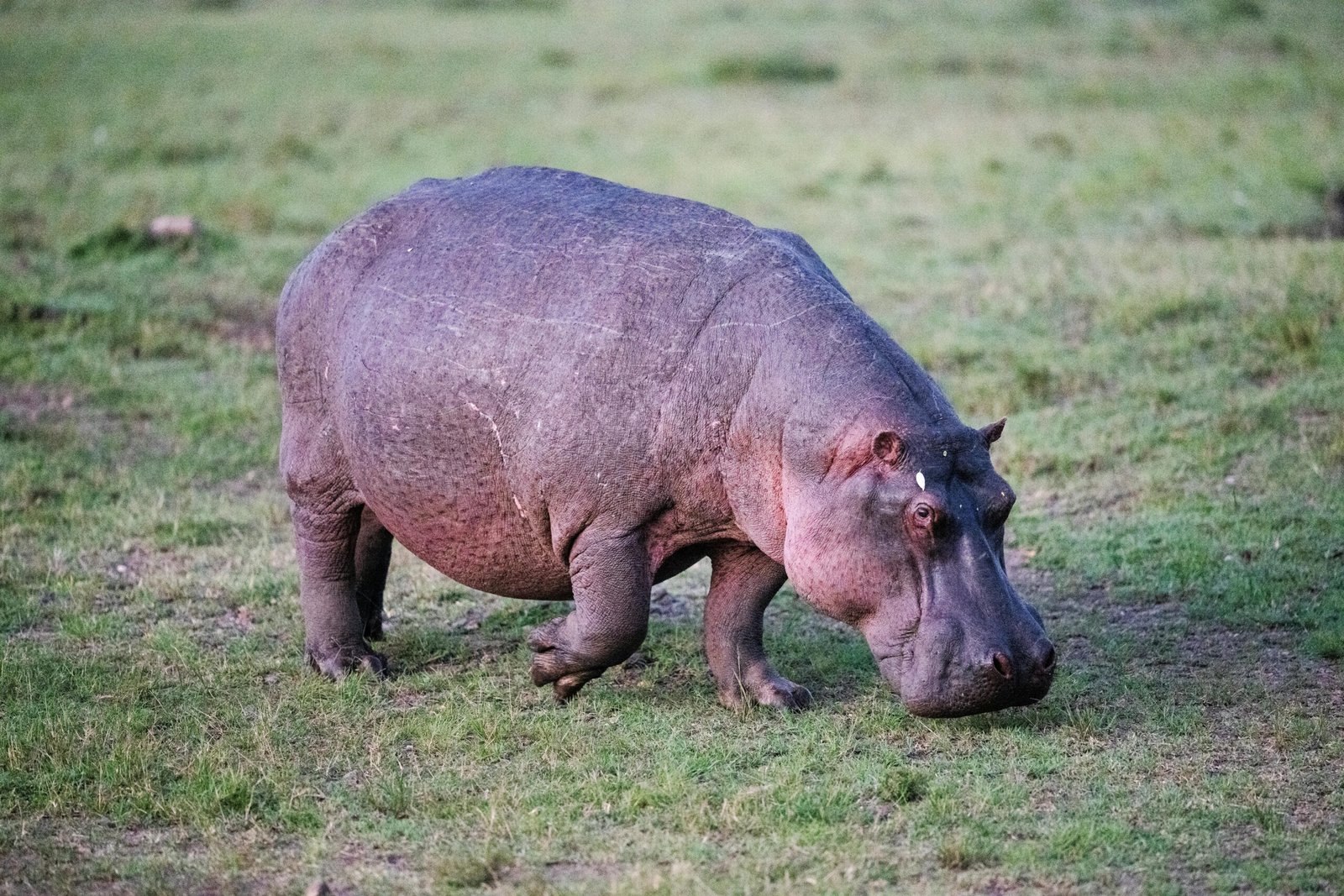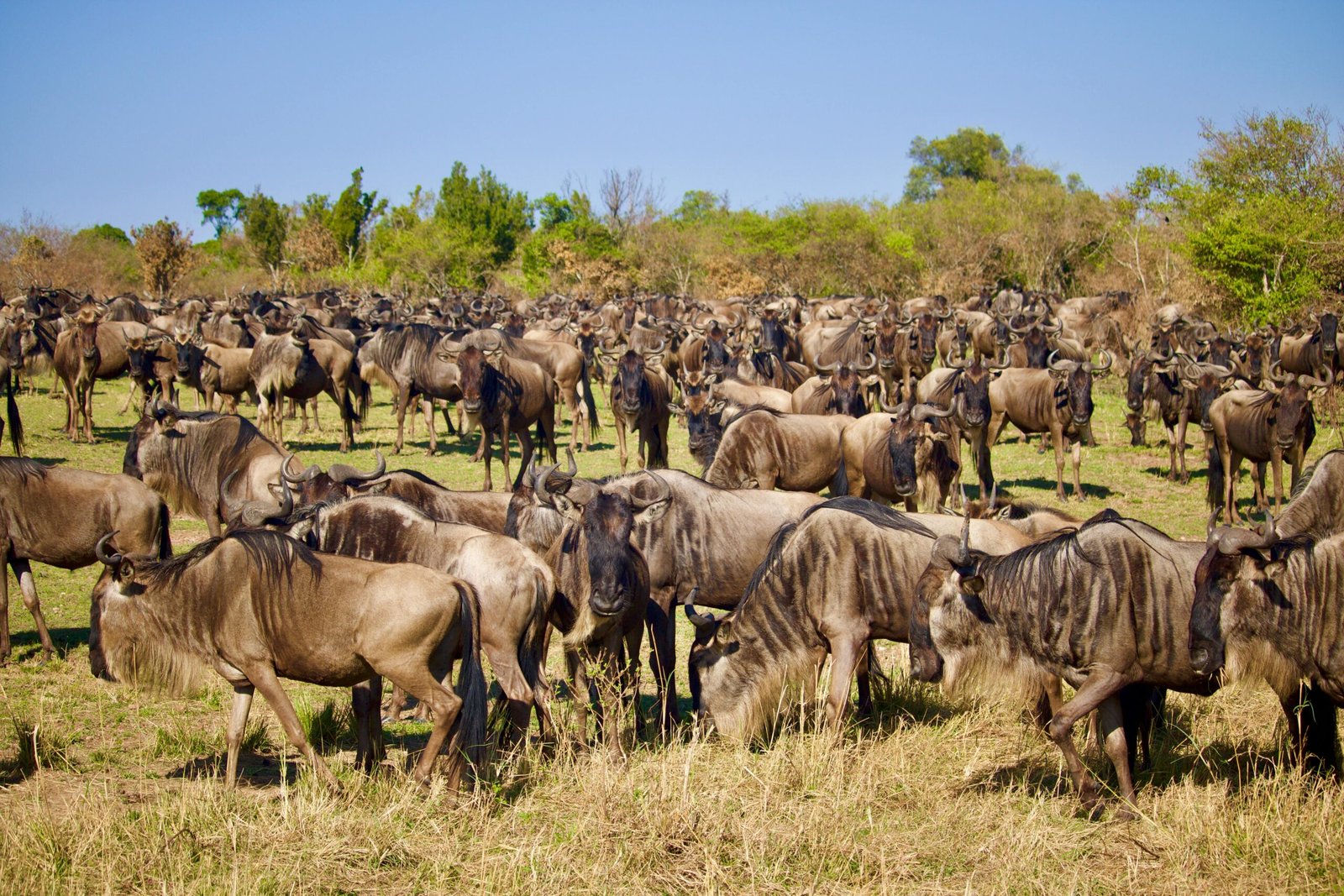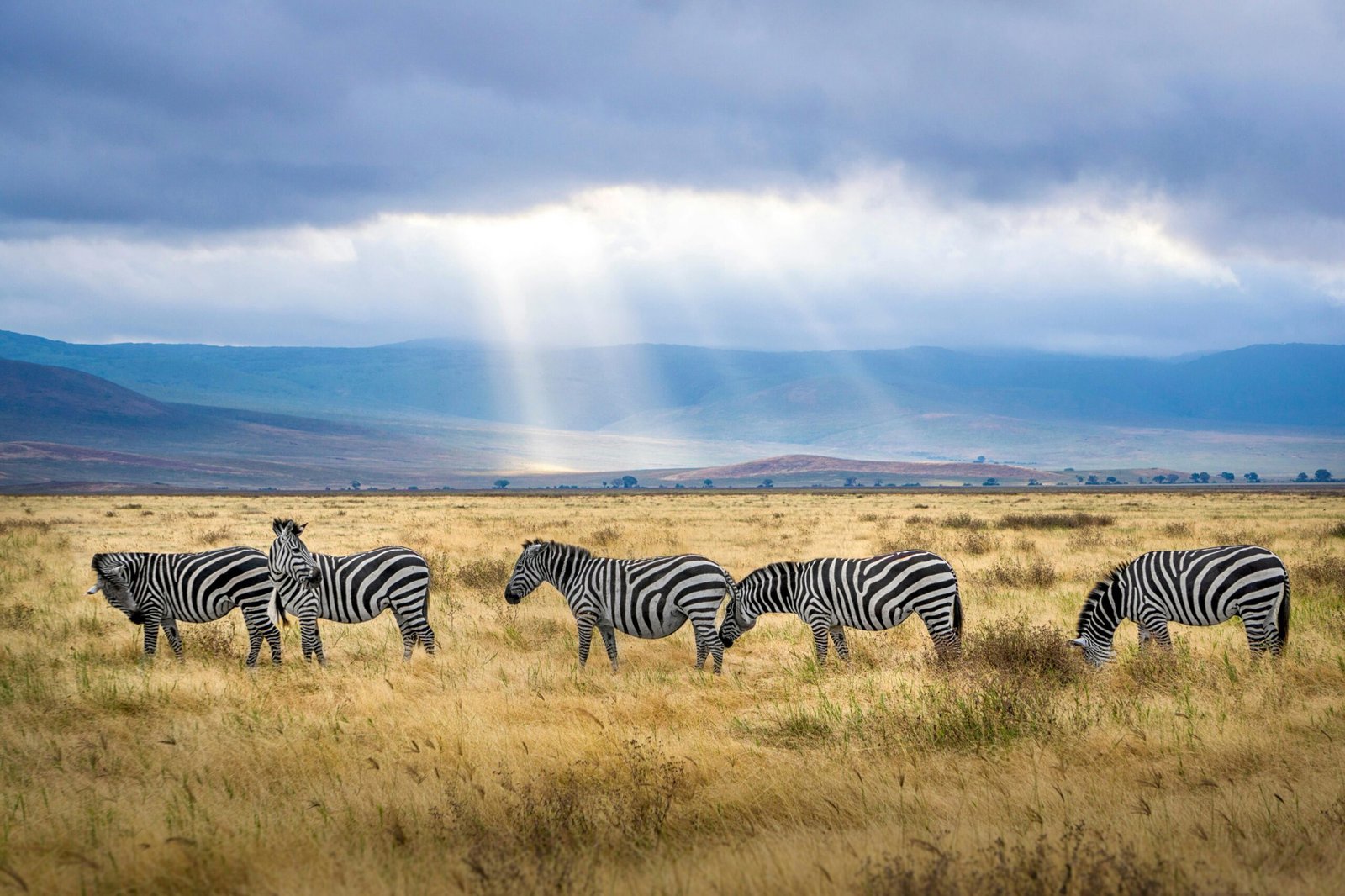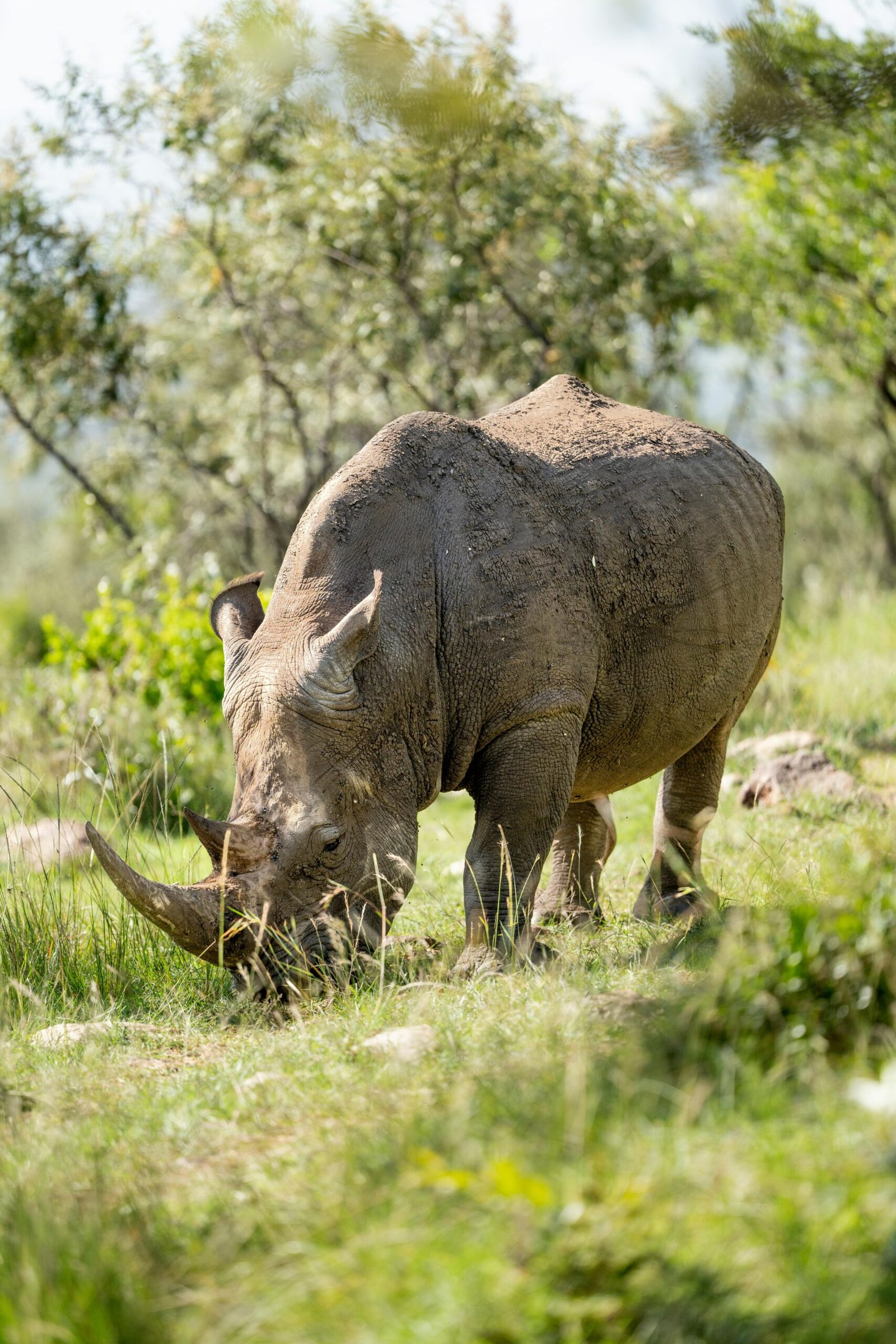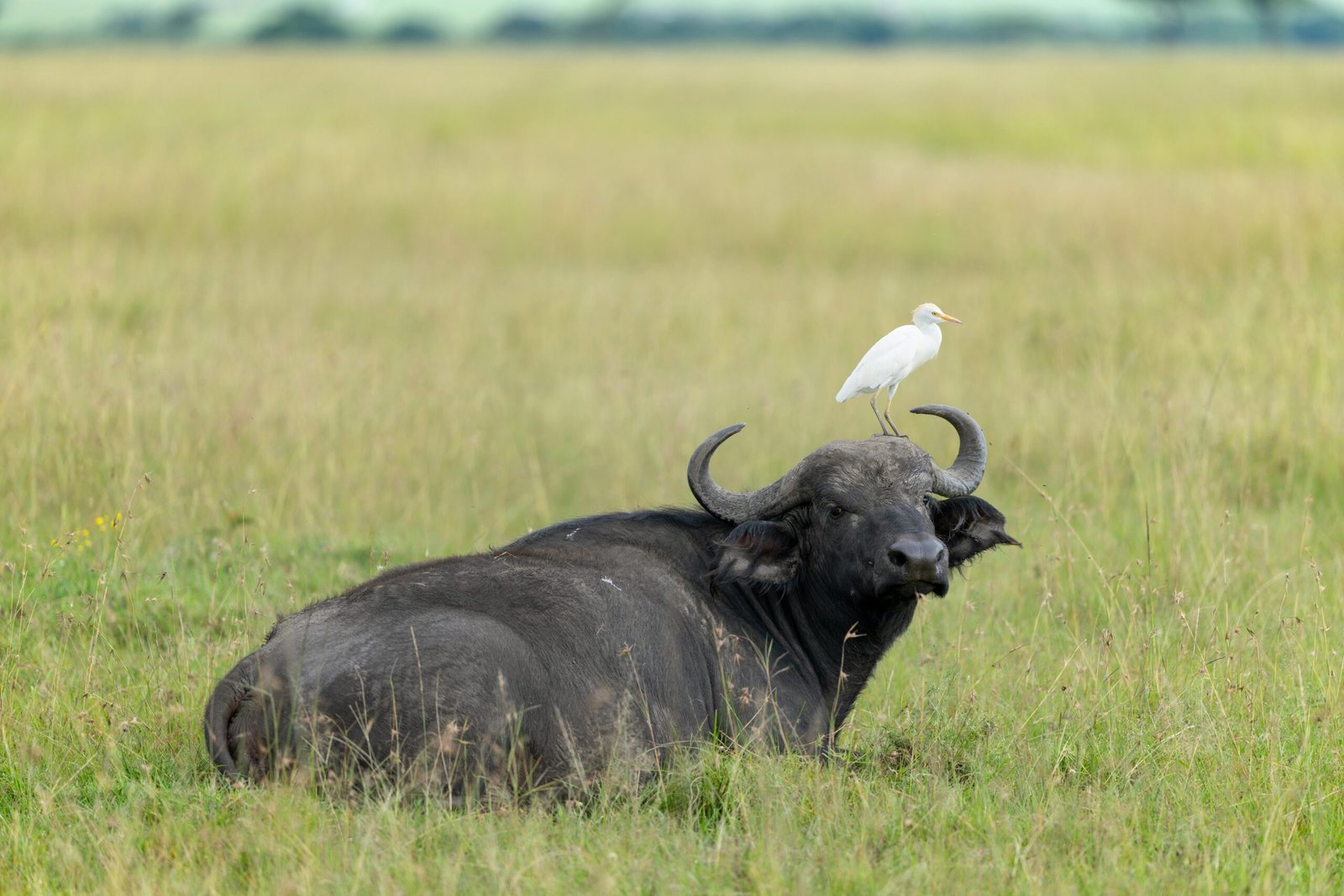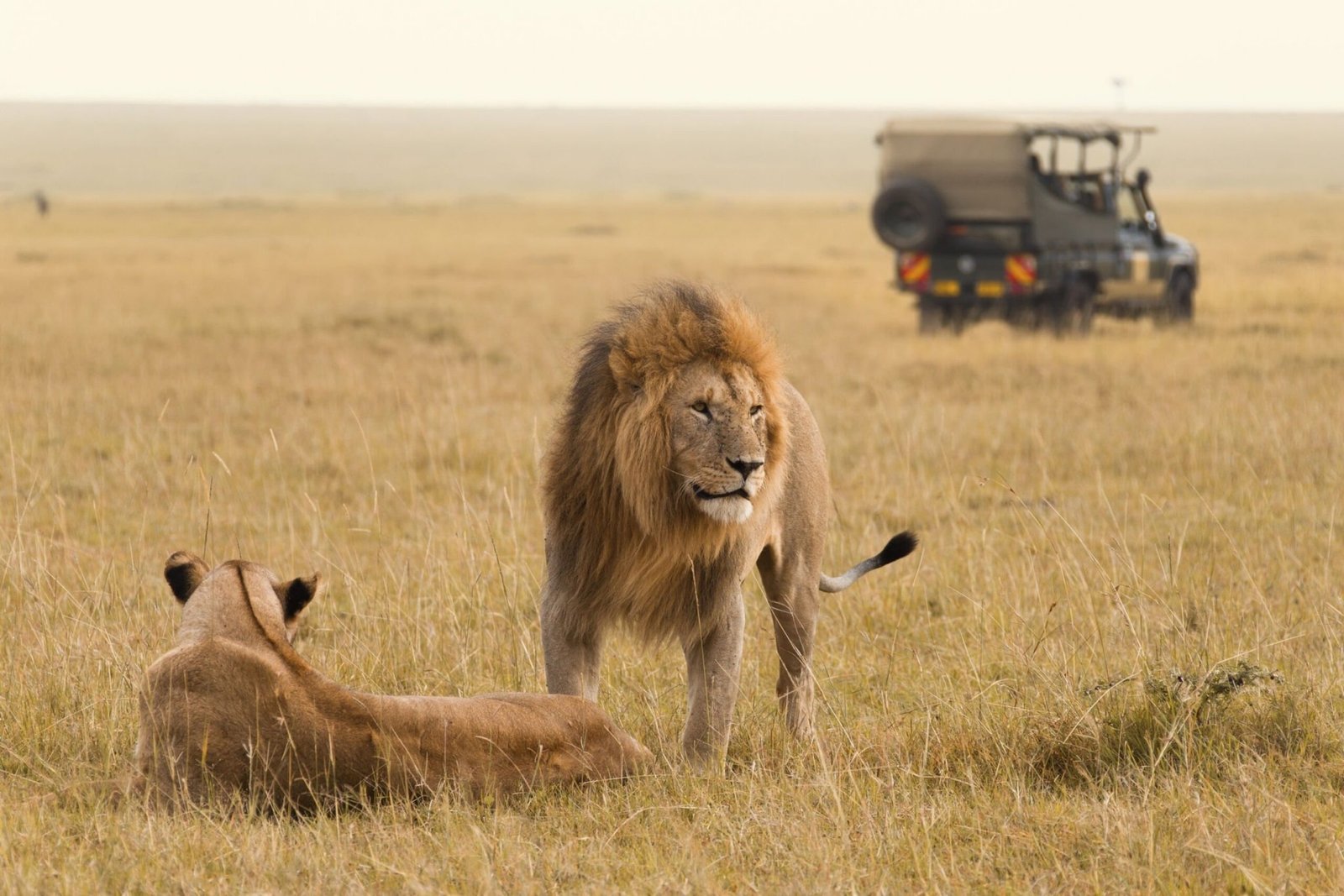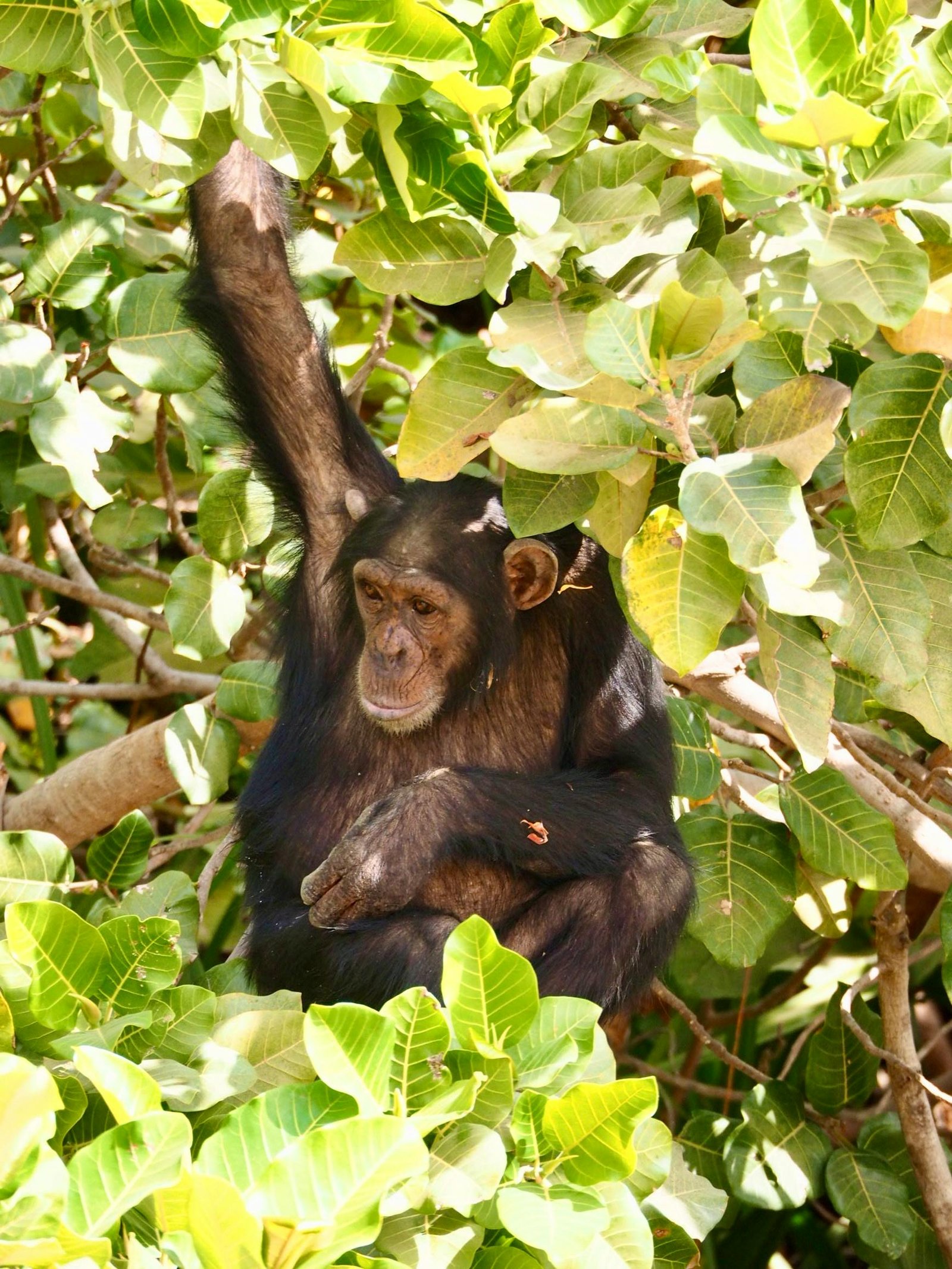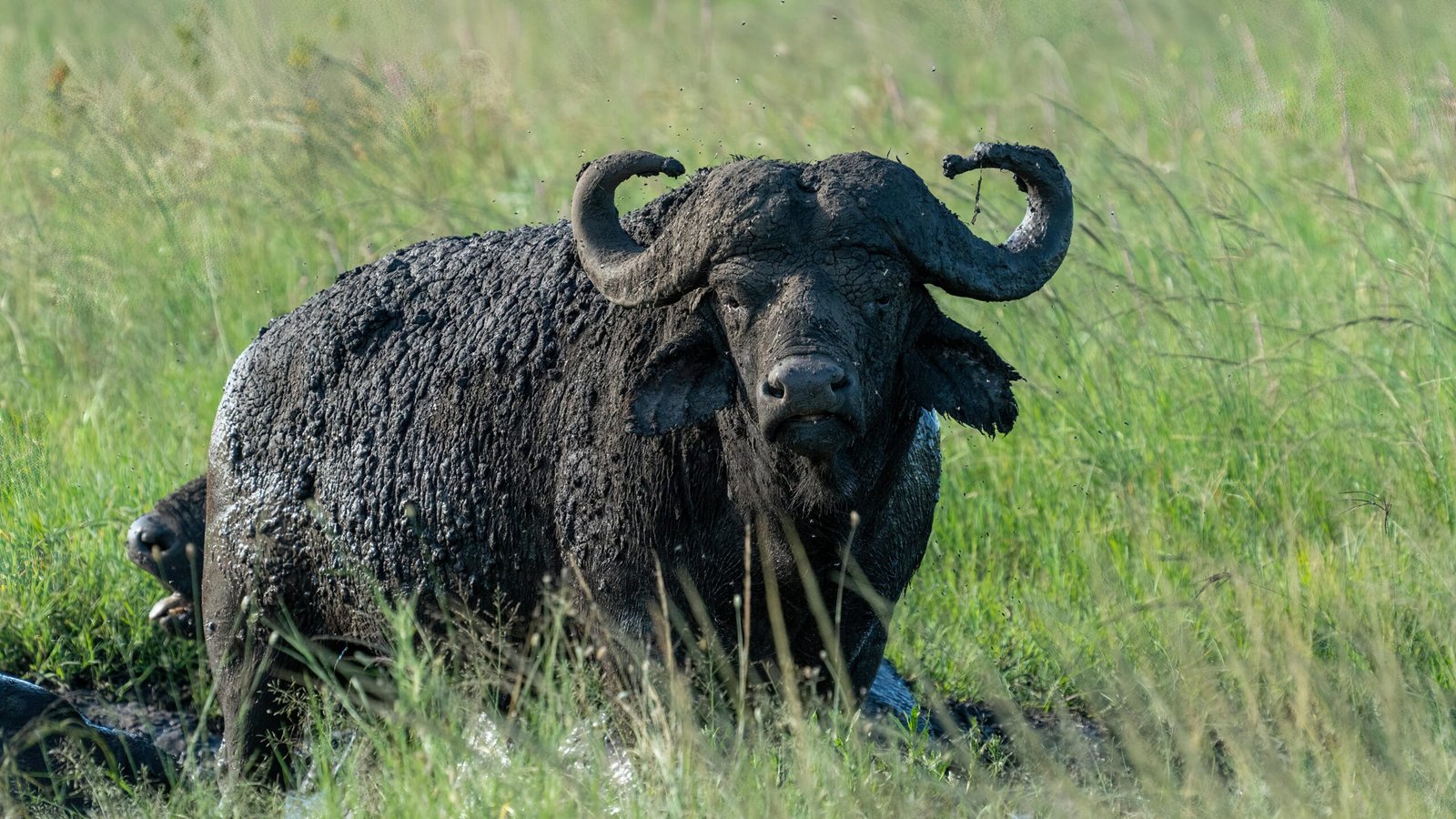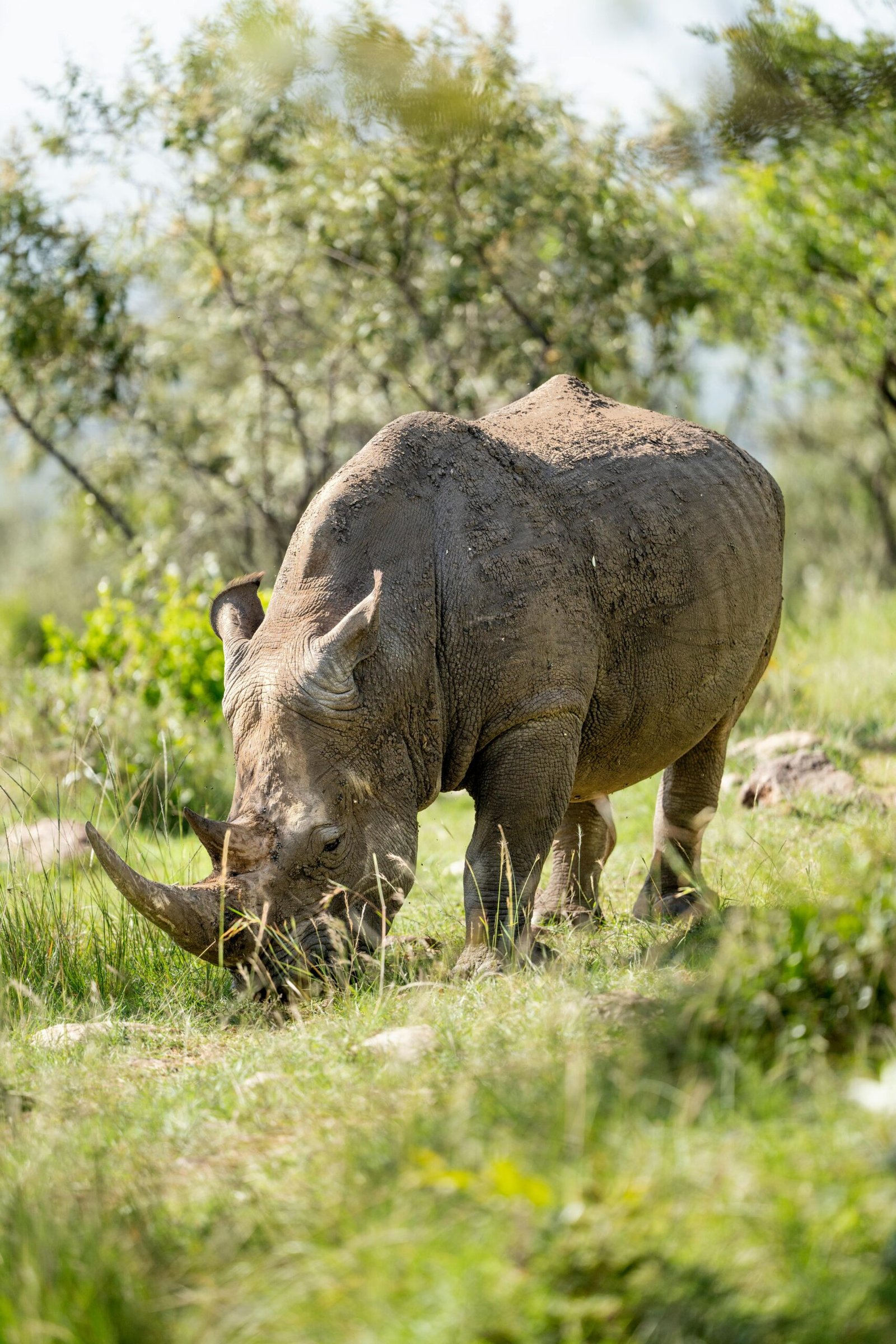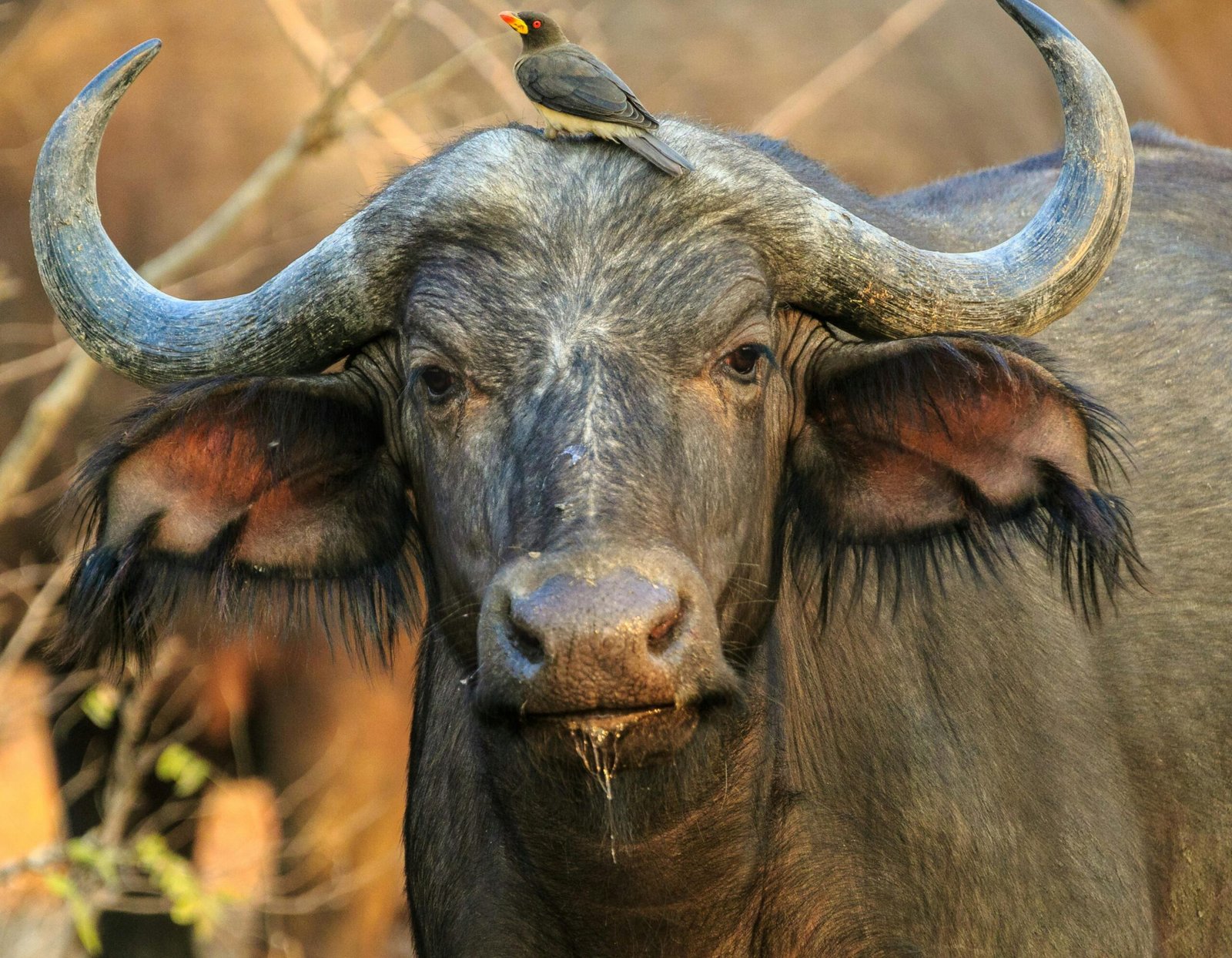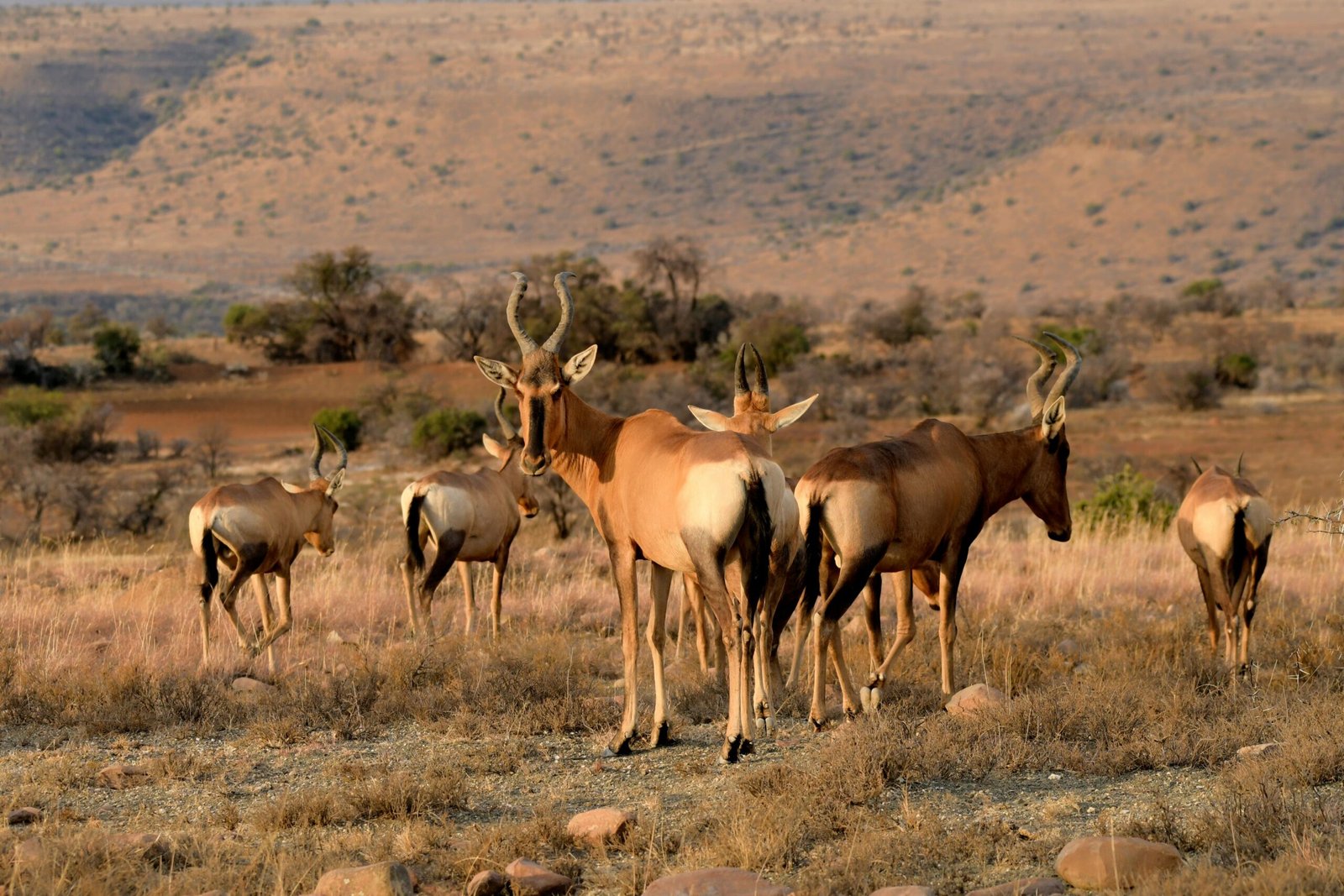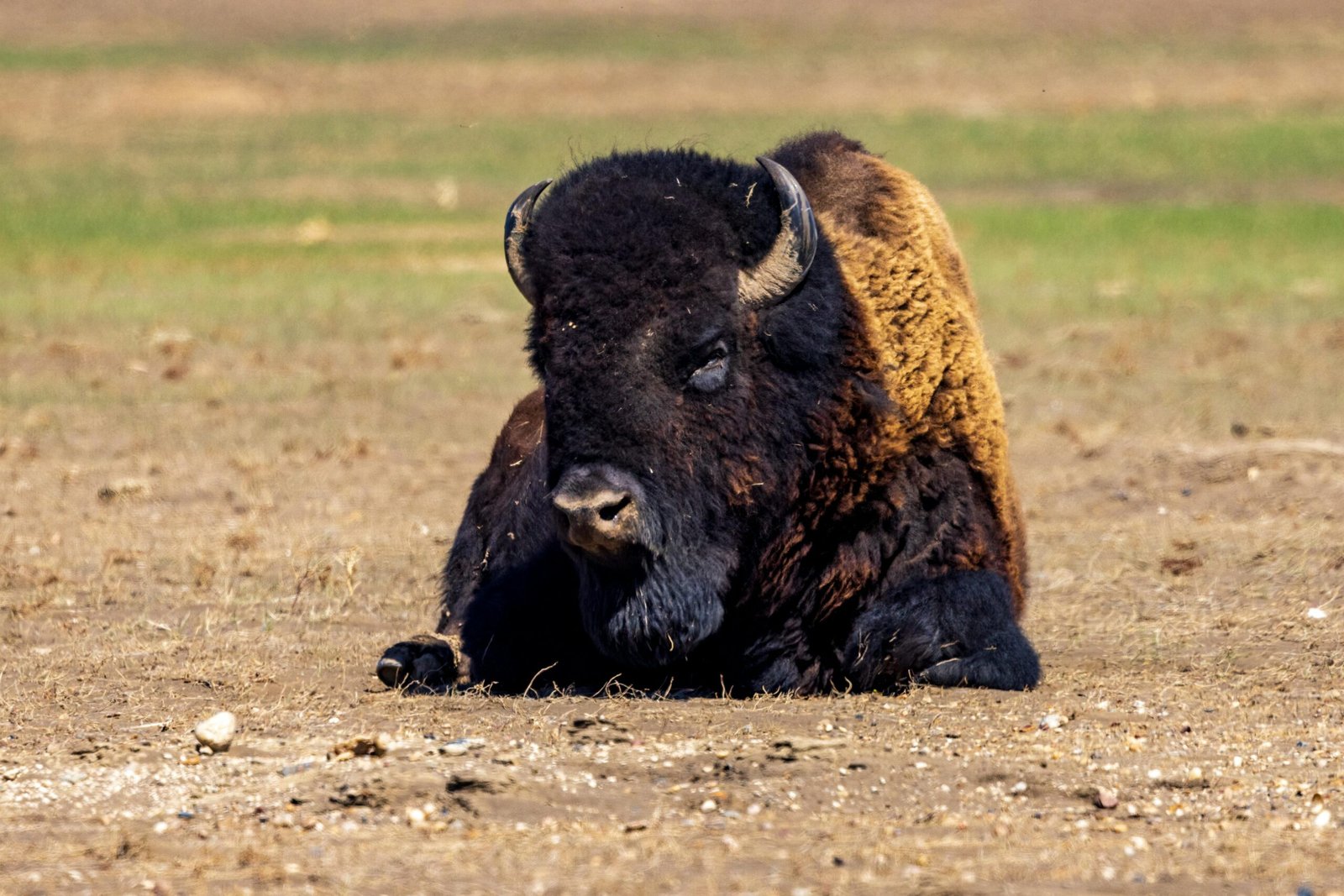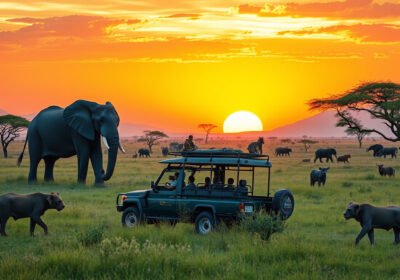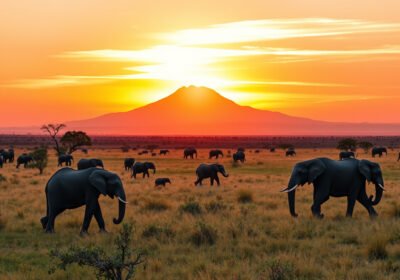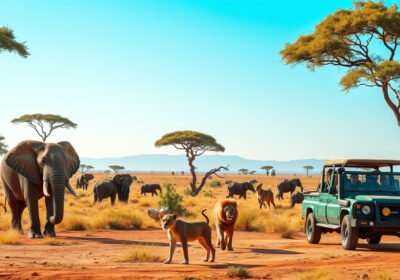In recent years, the concept of sustainable travel has gained significant traction, urging travelers to consider the impact of their adventures on the environment and local communities. When planning a safari, many individuals may not realize that their travel choices can have profound implications for wildlife conservation and the preservation of ecosystems. In this article, we explore the intricate relationship between sustainable travel and the support of wildlife conservation through safaris. From understanding the importance of protecting the world’s unique species to choosing responsible tour operators and recognizing the role of local communities, we delve into how each element contributes to a more sustainable future. Join us as we uncover how your safari can be a powerful ally in conservation efforts, creating a positive impact that extends far beyond your journey.

Key Takeaways
- Sustainable travel promotes eco-friendly practices that benefit the environment and local communities.
- Wildlife conservation is crucial for maintaining biodiversity and protecting endangered species.
- Well-managed safaris can enhance local ecosystems by providing funding for conservation efforts.
- Choosing responsible tour operators ensures that your travel contributes positively to local economies and environments.
- Ecotourism can create a sustainable income source for communities, reducing reliance on harmful practices.
Understanding Sustainable Travel
Sustainable travel is all about minimizing negative impacts on the environment while ensuring that local communities benefit from tourism. When considering sustainable travel, it’s crucial to understand how your safari supports conservation efforts. Many safari companies implement eco-friendly practices, such as minimizing waste, protecting wildlife habitats, and promoting responsible tourism. By choosing a safari operator that prioritizes sustainable travel, you not only enjoy breathtaking scenery and rich biodiversity but also contribute to conservation initiatives that protect endangered species and preserve pristine landscapes. Additionally, these safaris often include educational elements, allowing travelers to learn about the ecological challenges facing the regions they visit. Ultimately, engaging in sustainable travel not only enhances your safari experience but ensures that these natural wonders can be enjoyed by future generations.
The Importance of Wildlife Conservation
Wildlife conservation is more crucial than ever as human activities continue to encroach on natural habitats, threatening biodiversity and the delicate balance of ecosystems. Engaging in sustainable travel, particularly through safari experiences, plays a significant role in supporting conservation efforts. Travelers who choose eco-friendly safaris contribute to the preservation of endangered species and habitats while also empowering local communities. By allocating funds to national parks and wildlife reserves, these eco-conscious adventures help protect wildlife and promote initiatives aimed at environmental sustainability. Moreover, visitors gain a deeper appreciation for the intricate relationships within ecosystems, fostering a commitment to conservation beyond their travel experience. As such, understanding how your safari supports conservation is vital not only for the enjoyment of your trip but also for the lasting impact it can create on the planet.
‘Travel is not about the destination, it’s about the journey and the impact we make along the way.’

How Safaris Can Support Local Ecosystems
In recent years, the emphasis on sustainable travel has gained significant traction among wildlife enthusiasts and global travelers alike. When it comes to exploring the diverse ecosystems of Africa, participating in a well-organized safari can be more than just an adventure; it can support conservation efforts and local livelihoods. Sustainable travel—how your safari supports conservation—is an essential concept that enhances the visitor experience while ensuring the preservation of the environment and wildlife. By choosing eco-friendly tour operators that prioritize responsible practices, tourists contribute to the protection of endangered species, the restoration of habitats, and the empowerment of local communities. These operators often allocate a portion of their profits to conservation projects, allowing travelers to have a direct impact on wildlife preservation. Furthermore, responsible wildlife tourism fosters awareness about the importance of biodiversity, encouraging visitors to become advocates for conservation initiatives. In essence, opting for a sustainable safari not only enriches your travel experience but also plays a pivotal role in maintaining the delicate balance of local ecosystems, making a difference that extends far beyond the trip itself.
Choosing Responsible Tour Operators
When it comes to planning your dream safari, choosing the right tour operator can significantly impact your experience and the environment. Sustainable travel is not just a trend; it’s a crucial practice that helps support conservation efforts in the regions you visit. By selecting responsible tour operators, you are directly contributing to wildlife preservation and local communities. These operators prioritize eco-friendly practices, ensuring that tourism contributes positively rather than detrimentally to the ecosystems involved. They often invest a portion of their profits back into conservation projects, protecting endangered species and preserving habitats. Furthermore, these operators often collaborate with local communities, promoting cultural exchange and ensuring that the benefits of tourism flow to those directly affected by it. So, when planning your safari, do your research on the operators available and look for those that emphasize sustainable travel. By supporting them, you ensure that your adventure not only creates lasting memories but also plays a role in the conservation of the magnificent wildlife and landscapes you are there to enjoy.

The Role of Local Communities in Conservation
When planning your next adventure, consider how sustainable travel can contribute to the conservation of wildlife and habitats. The role of local communities in conservation is crucial, as they often serve as the first line of defense against ecological degradation. By engaging in sustainable travel, such as participating in responsible safari tours, travelers can support initiatives that empower these communities to manage and protect their natural resources. For instance, revenues generated from eco-friendly safaris are often reinvested into local conservation efforts, education, and community development, ensuring that both the environment and local populations benefit. This symbiotic relationship highlights how your safari not only provides unforgettable experiences but also plays a vital role in promoting sustainability and ecological preservation.
Impact of Ecotourism on Conservation Efforts
Ecotourism has emerged as a vital component of sustainable travel, significantly impacting conservation efforts across the globe. When you participate in a safari, you are not only enjoying the stunning landscapes and diverse wildlife, but you are also contributing to vital conservation programs that protect these natural resources. Sustainable travel initiatives ensure that local ecosystems are preserved while educating travelers about the importance of wildlife conservation. These safaris often funnel revenue into local communities and wildlife protection, creating a symbiotic relationship where both nature and local economies benefit. By choosing a safari that prioritizes eco-friendly practices, you support conservation efforts that work to mitigate habitat destruction, combat poaching, and promote biodiversity. Ultimately, your safari experience becomes a powerful means of fostering awareness and generating funds necessary for the preservation of our planet’s ecosystems, reinforcing the notion that sustainable travel can play an essential role in global conservation initiatives.

Incorporating Sustainable Practices in Your Travel
When planning your next adventure, consider the concept of sustainable travel – how your safari supports conservation efforts can greatly impact the environment and local communities. Sustainable travel encourages eco-friendly practices while allowing you to explore the wonders of nature responsibly. For instance, by choosing to travel with tour operators that prioritize conservation, you not only enhance your travel experience but also contribute to preserving wildlife habitats. Many safari companies are actively involved in protecting endangered species and supporting local economies, which means your visit helps fund these vital initiatives. Engaging in activities such as guided walks or community visits fosters a deeper connection with the land and its people, reinforcing the importance of preserving these ecosystems. Embracing sustainable travel during your safari ensures that you leave a positive footprint, enriching both your journey and the natural world.
Frequently Asked Questions
What is sustainable travel?
Sustainable travel refers to tourism practices that minimize the negative impact on the environment and local communities while promoting conservation and responsible use of natural resources.
How do safaris support wildlife conservation?
Safaris can support wildlife conservation by providing funds for protected areas, creating jobs in local communities, and raising awareness about the importance of preserving natural habitats.
What should I look for in responsible tour operators for my safari?
When choosing a tour operator, look for those that are certified in sustainability, focus on ethical wildlife practices, provide support for local communities, and operate with minimal environmental impact.
How do local communities benefit from ecotourism?
Local communities benefit from ecotourism through job creation, improved infrastructure, and funding for community projects, as well as the empowerment that comes from being involved in conservation efforts.
What are some sustainable practices I can incorporate into my travel?
You can incorporate sustainable practices by reducing waste, supporting local businesses, using eco-friendly transportation options, and being mindful of your wildlife interactions.

